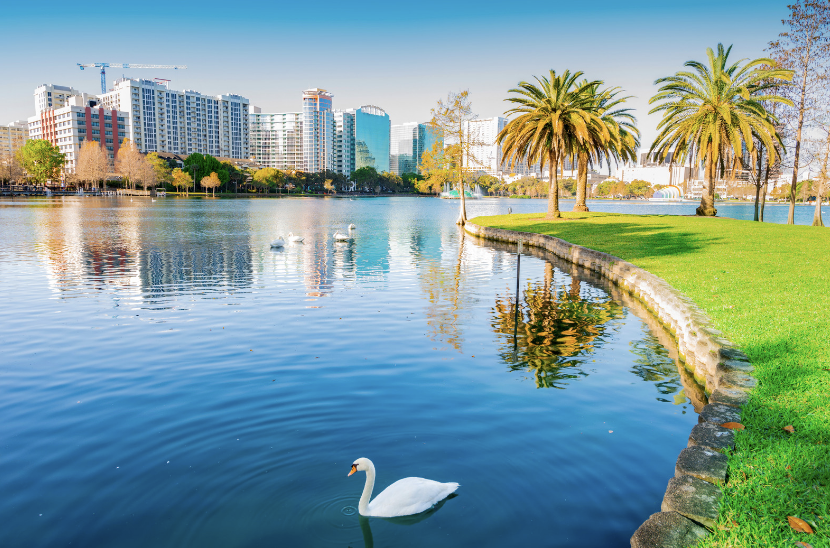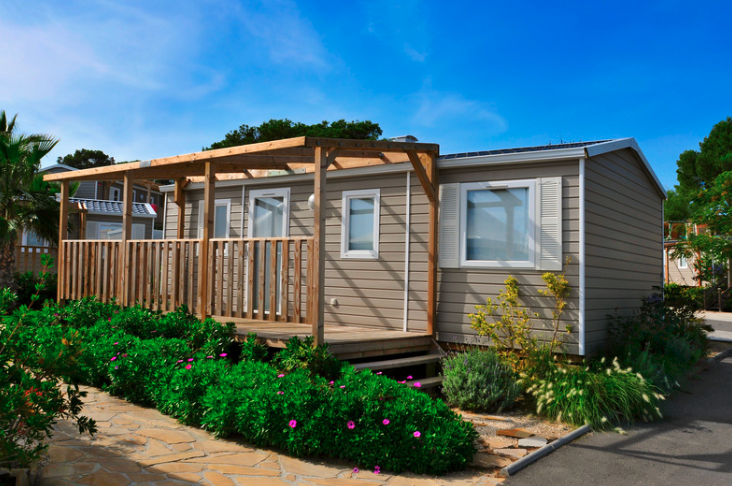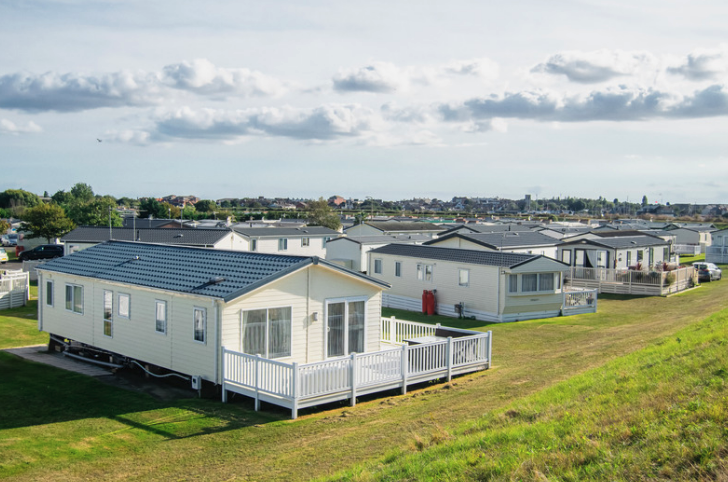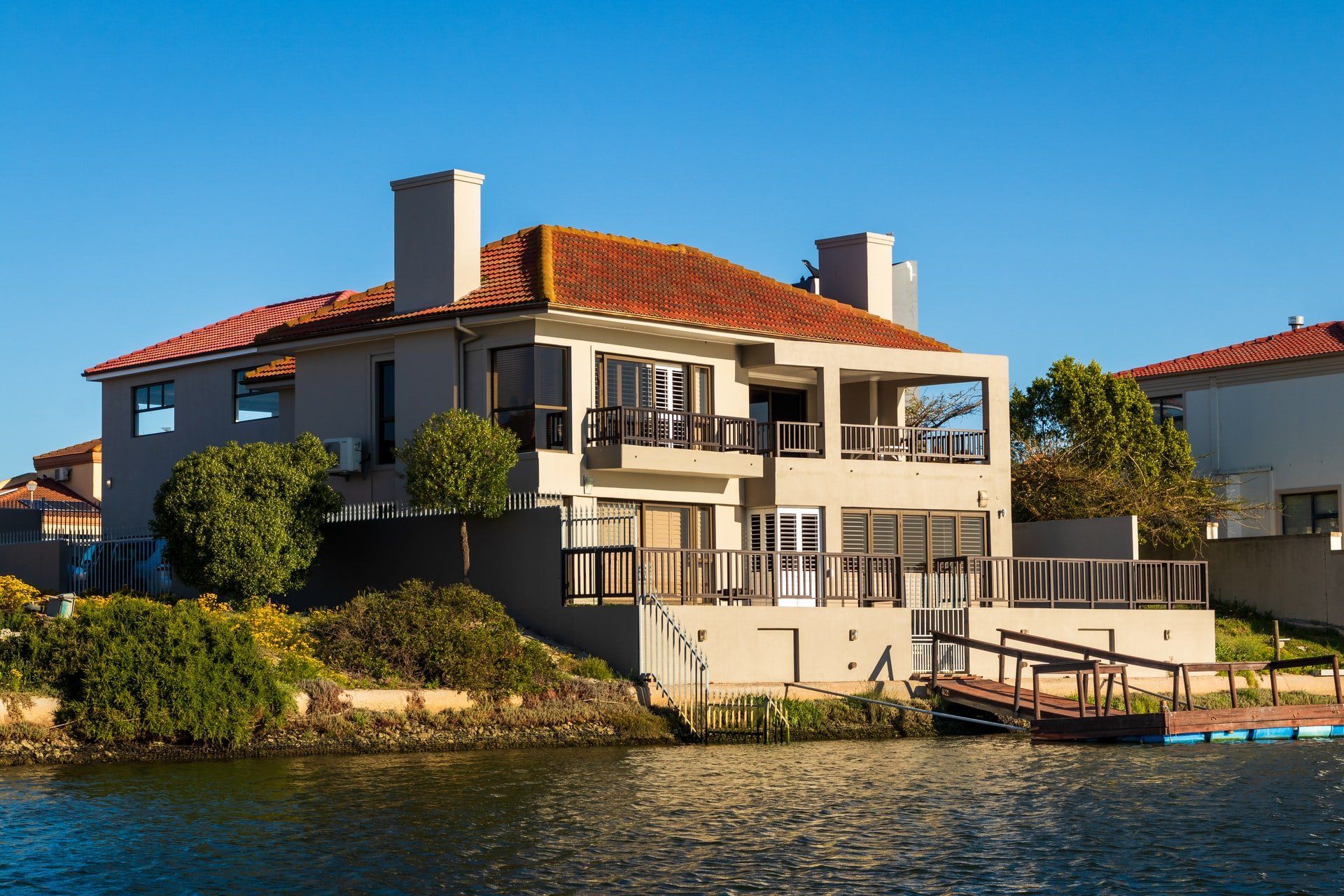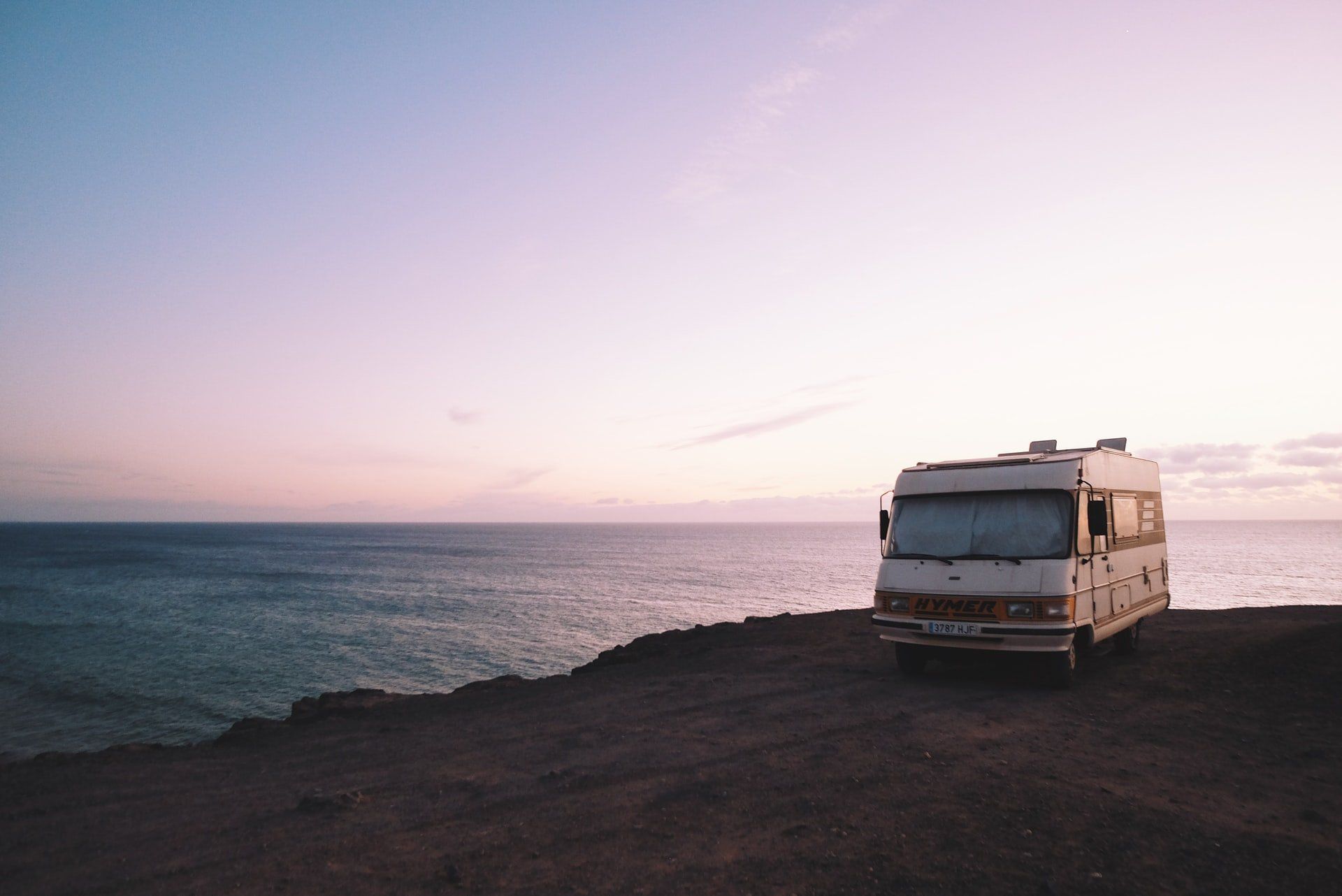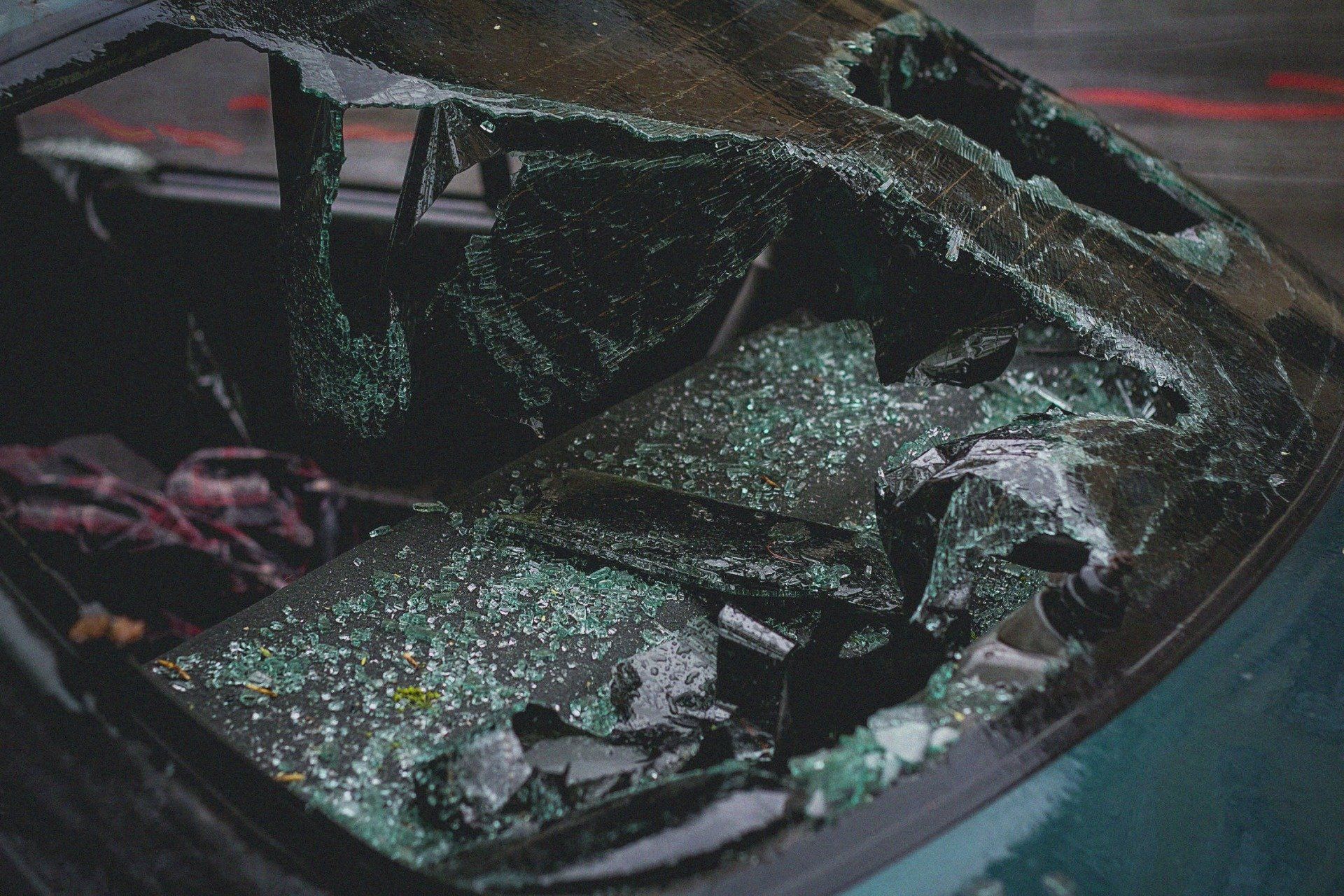What You Need to Know About Auto Insurance for Your RV
- By Joshua Zitting
- •
- 29 Oct, 2021
- •
Ordinary cars do an excellent job of getting you from point A to point B. Still, there’s nothing like a good old recreational vehicle to provide the best driving experience when traveling to long-distance destinations! Besides road trips, RVs are a trusty vehicle to have because of the various purposes it serves.
With sufficient space to kick back and relax with your friends and family, an RV is undoubtedly the perfect companion to have. However, although motorhomes are widely appreciated because of their characteristics, they could cause a few insurance problems.
Sanford Auto Insurance for Your RV
Traveling with your RV could be fun, but you could get into some insurance problems if you get into vehicular trouble. RVs may be similar to your personal vehicle, but not exactly. Given its hybrid nature, the auto insurance conditions of your RV may be a bit different from that of the everyday car.
You don’t want to get your RV towed or be involved with an accident without being familiar with the insurance coverage for it. If it turns out that your current auto insurance isn’t enough, you could end up shelling a significant amount of money because of your RV!
To avoid ruining your vacation or having unexpected expenses, you must check your insurance policy before driving off with your RV. Make sure to consider the following to figure out if your auto insurance is enough to cover the necessary costs in case of a vehicular incident:
The Kind of RV You Have and what Insurance you need
Not all RVs are the same. Given the type of RV you have, your auto insurance may or may not cover the costs of an accident or other car-related circumstances.
Your car insurance will likely extend some limited coverage if you have a Class C RV, which is not drivable. However, you may want to consider purchasing RV insurance because they have unique potential for loss.
On the other hand, your auto insurance won’t be able to help you if you have a class A or B vehicle, which includes a travel trailer, full coach, camper van, and pop-up.
How You use the RV
Your homeowner’s insurance will cover your RV if you only use it for vacations and special occasions. Since it’s usually parked on your property, your insurance policy will cover the associated expenses if someone is injured on or near your RV while it’s parked by your house.
However, if you spend weeks or months driving with your RV or park it outside your property, it will no longer be included in your homeowner’s insurance. Even though auto insurance may cover liability associated with your RV while on the road, that’s not enough.
Suppose you plan to use your RV for an extended period. In that case, we recommend reaching out to an insurance company in Florida that ensures mobile homes and provides custom protection for your type of vehicle.
Conclusion
The Rv is a great vehicle to have if you want to travel to distant places at a low cost. However, although convenient, an Rv could also cause costly insurance problems if you get into an accident. Make sure to read up on your auto insurance policy and apply for excellent mobile insurance so that you can enjoy your trip without worries!
Are you looking for the best mobile home and auto RV insurance in Sanford and Orlando Florida? Then, we at Sanford Insurance Center may have just what you need! Purchasing an RV protection plan through Sanford Insurance Center is the best way to ensure that you and your vehicle will be financially protected regardless of where you decide to travel. Get in touch with us today at 407-323-5911



